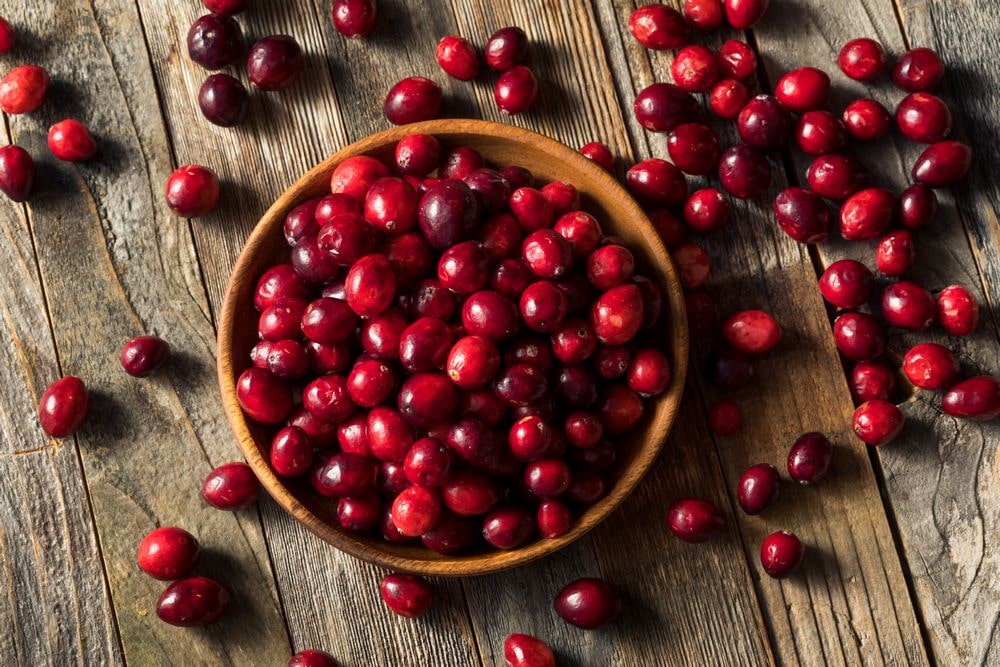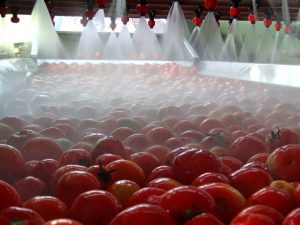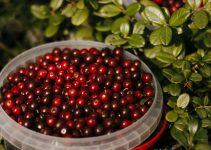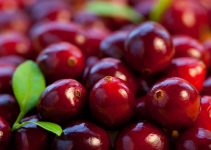
Cranberries and Oxalate?
…
Most fruit and vegetables are high in oxalate.
Are Cranberries High in Oxalate?
For those who don’t know, oxalate are substances that are found plants that can sometimes be problematic for people.
They are not an essential nutrient but just something that comes along for the ride. If you’re going to eat plant foods, you’re going to eat oxalate.
For the most part they are not harmful but to some people they can cause kidney stones and other problems like them. That’s because oxalate hook onto calcium while being digested and if we have too much of that then kidney stones may develop.
So people who are susceptible to that are looking for ways to reduce the foods that they eat which are high in oxalate. The problem with that is that there are so many foods that are high in oxalate; almost all fruits and vegetables are.
Berries are high in oxalate which answers the question here on this page about cranberries. Yes cranberries should be considered a higher oxalate food.

Processing Cranberries
HIGH OXALATE FOODS
Foods that are highest in oxalate include:
– fruits
– vegetables
– nuts
– seeds
– legumes
– grains
So vegans and vegetarians you’re out of luck. Oh, and normal people too. Only the strict carnivore dieters are safe from kidney stones due to too much oxalate. That’s approximately 0.001% of the population.
Breaking! “Eating too much meat may cause kidney stones!”
It seems that just like your in-laws, you can’t avoid oxalate or kidney stones. You’re just going to have to learn to live with them.
As you can see from the list above, this poses a dilemma to most people who are concerned about the issue at hand. The good news is that what’s being recommended now is not necessarily to lower the consumption of foods that you eat which are high in oxalate, but to increase foods that are high in calcium.
Calcium is said to lower, or at least help lower oxalate levels in the body.
In my opinion, and this is just an opinion, the best way to avoid kidney stones is to eat a diet that is rich in fruits and vegetables, WHILE AT THE SAME TIME severely reducing foods that are not good for you: sodas, desserts, processed foods etc.
Hope this helps.
– Cranby




